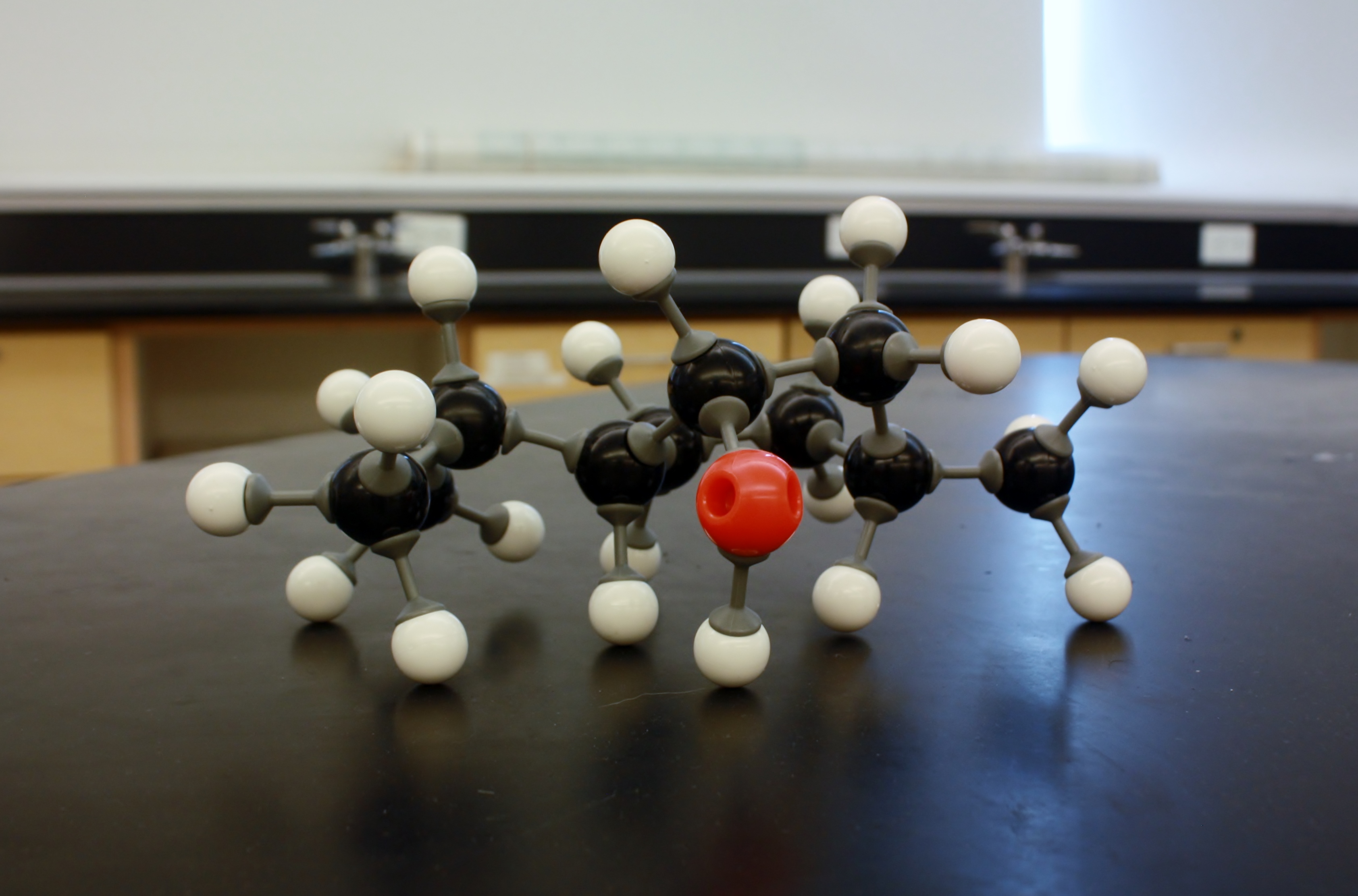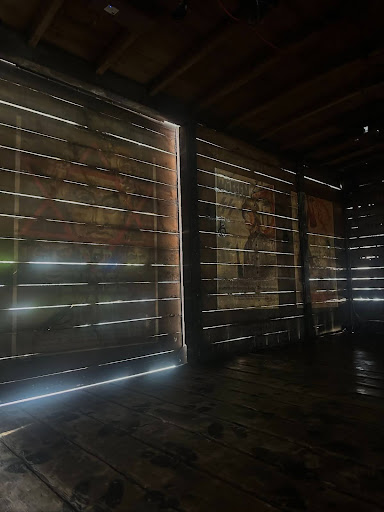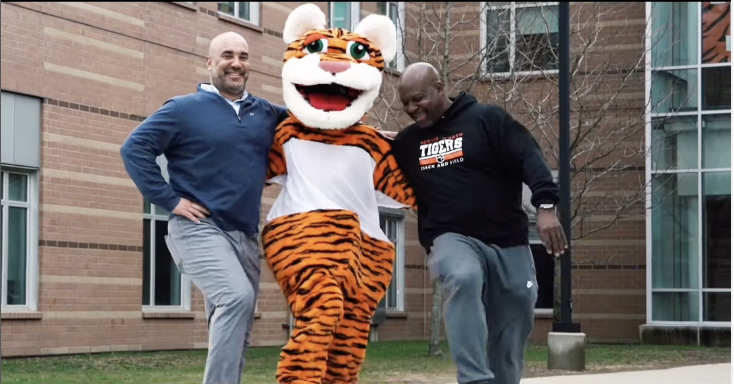
by Cate Waters
North will be offering two new electives next year: Organic Chemistry and Science in Society.
Organic Chemistry
Organic Chemistry, which focuses on the structure of organic molecules, is available to juniors and seniors and is taught by science teacher Peter Hamel.
The class “focuses specifically on molecules based on carbon,” said Hamel. “We will focus mostly on molecular structure.”
Hamel created the class because wanted to show students that an Organic Chemistry class could be fun.
“In a lot of colleges, it’s viewed as this weed-out course to prevent students from becoming doctors. Students struggle with it because it is usually taught poorly, because the goal of the professor in the class is to make it as hard a possible, not to make it enjoyable, exciting, enlightening, or anything like that,” said Hamel.
In an typical class, “we will be doing a lot of drawing, building models of, and visualizing molecules and how they react with each other,” said Hamel. The class will learn core concepts and then learn how to apply those concepts in different ways.”
Students will receive about an hour of homework each week, according to Hamel.
The class will run four blocks per week for a full year. Upon successful completion of the class, students can expect to receive five science credits.
Science in Society
Science in Society focuses on the history of science. This course, taught by history teacher Kathryn Codd and science teacher David Meshoulam, is available to seniors.
The class “is a chance for students to take a non disciplinary science,” said Meshoulam.
Science in Society was created because Meshoulam felt there needed to be a class that showed students the topics they learn in one class can be transferred to another class.
“I’ve always been intrigued by how science is more than just a collection of facts and theories and how it’s really connected to how we, as a society, operate, and I think that’s a really important lesson that a lot of people can learn from,” said Meshoulam.
A Science in Society class is a “discussion-based class, based around a core group of readings,” said Meshoulam. The class will read many primary sources from scientists of the time and articles of historical nature.
“The way I understand it now is that you will get 2.5 history credits and 2.5 science credits, but if you are pressed for history or science credits, you can take it as a history class or a science class,” said Meshoulam.
The class will run four blocks per week for a full year. Additionally, the class will receive half an hour to an hour of homework each night, according to Meshoulam.
North offers new electives: Organic Chemistry, Science in Society
March 5, 2015
0
Donate to The Newtonite
More to Discover









































